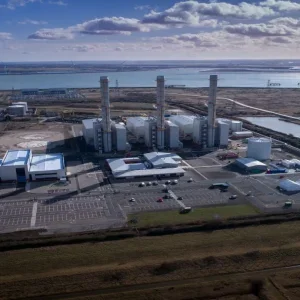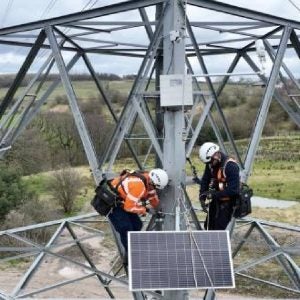This reduction has been found to be about 53,877 hectares and equivalent to two thirds of a dry roasted peanut per person in the UK.
According to the company, findings suggest a 0.2% reduction of UK food consumption given that nation’s agricultural land currently produces 60% of its food
Lightsource said this calculation equates reduction of four calories per person, based on the average adult intake of about 2,000 calories per day.
This research follows a recent You Gov poll that disclosed the British public is seven times more likely to welcome a local solar farm than a gas fracking field to their community.
Lightsource operations director Mark Turner said, "There have been some concerns about the impact of solar farms on food production, but it’s now been confirmed that this impact is incredibly small.
"Yes, our domestic food production will likely increase over the years, but one of the biggest myths is that solar farms can’t be used to cultivate food.
Solar farms are currently being used across the country not only to generate clean power but as grazing land for sheep and other animals."
Turner concluded, "Whilst there are a select few concerned about solar farms damaging the countryside or creating a food problem, the biggest point of all of this is being missed. Climate Change is why renewables are here.
"We all need to do our part to secure our own clean, affordable energy and governments have legal binding targets to be met.
"Thomas Edison worked this out years ago, and it’s about time we started taking climate change seriously, instead of obsessing about peanuts."






